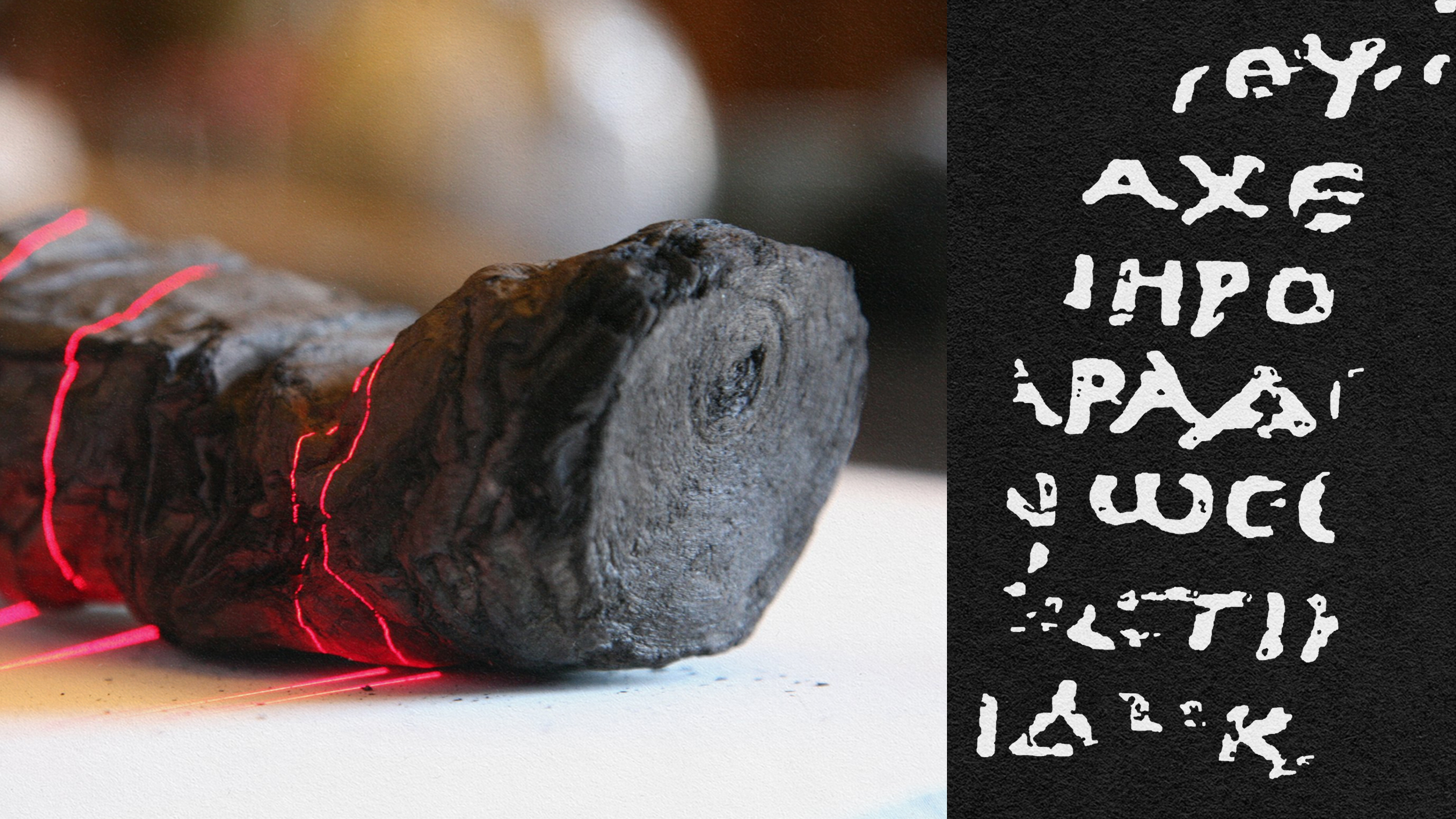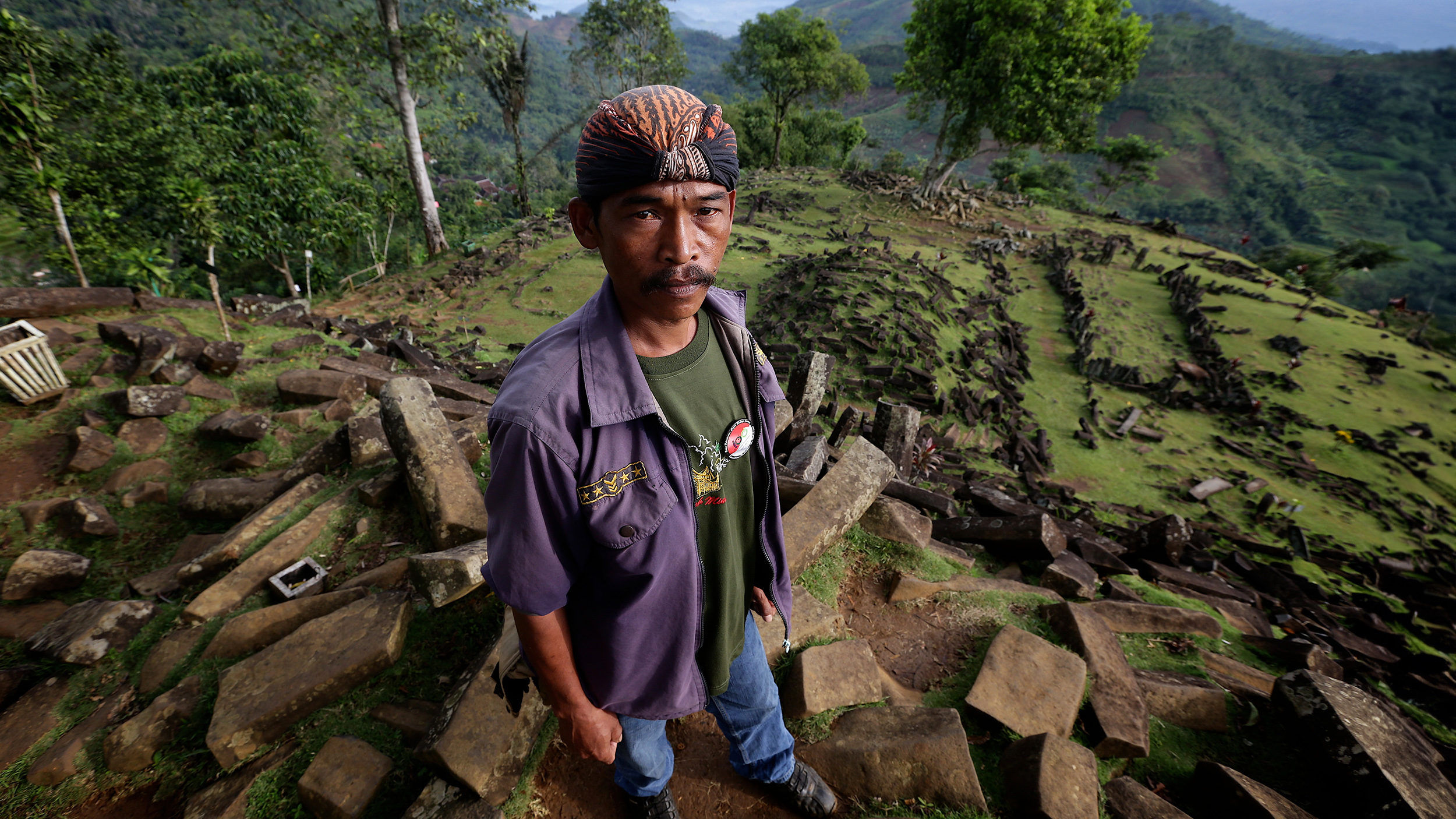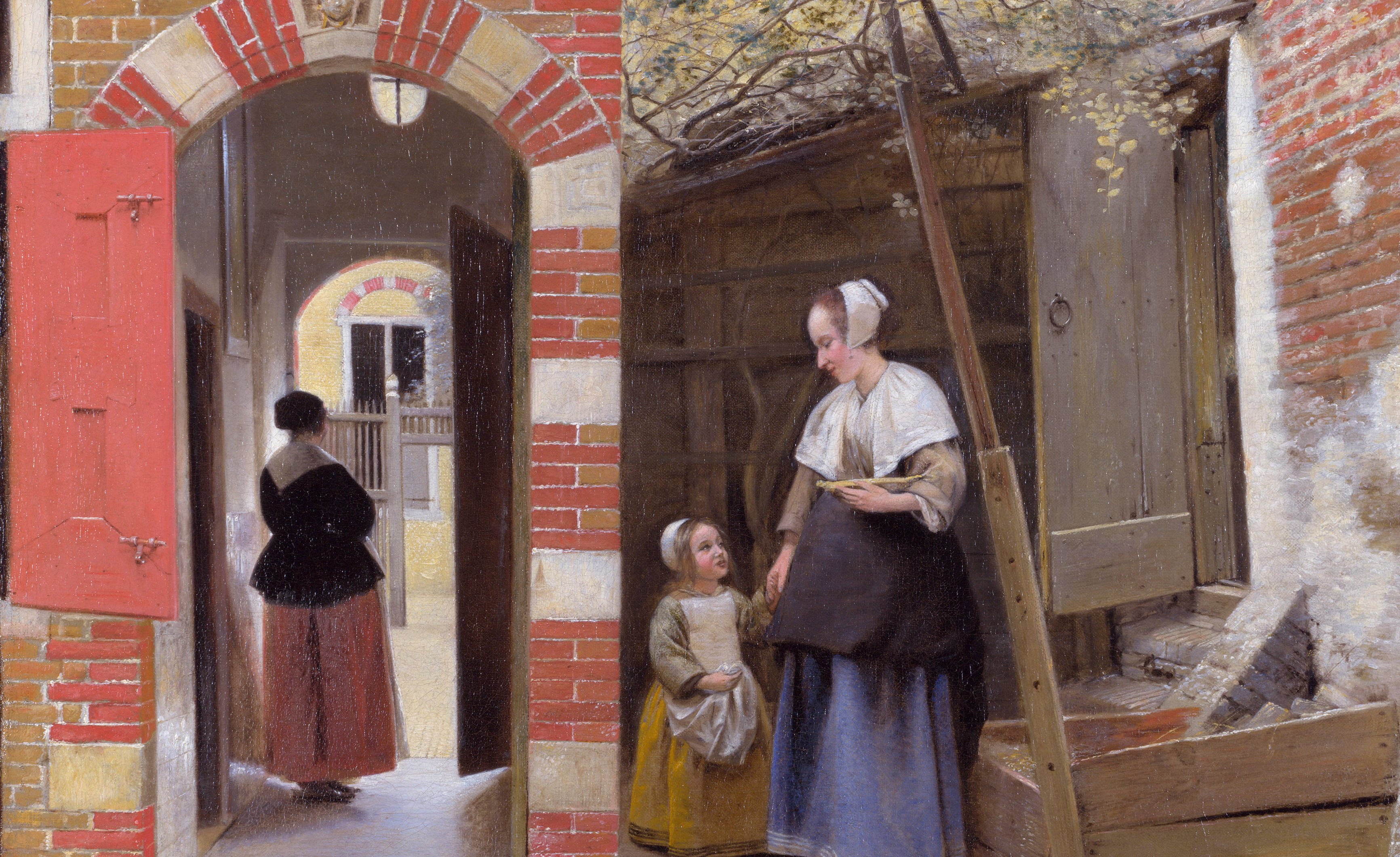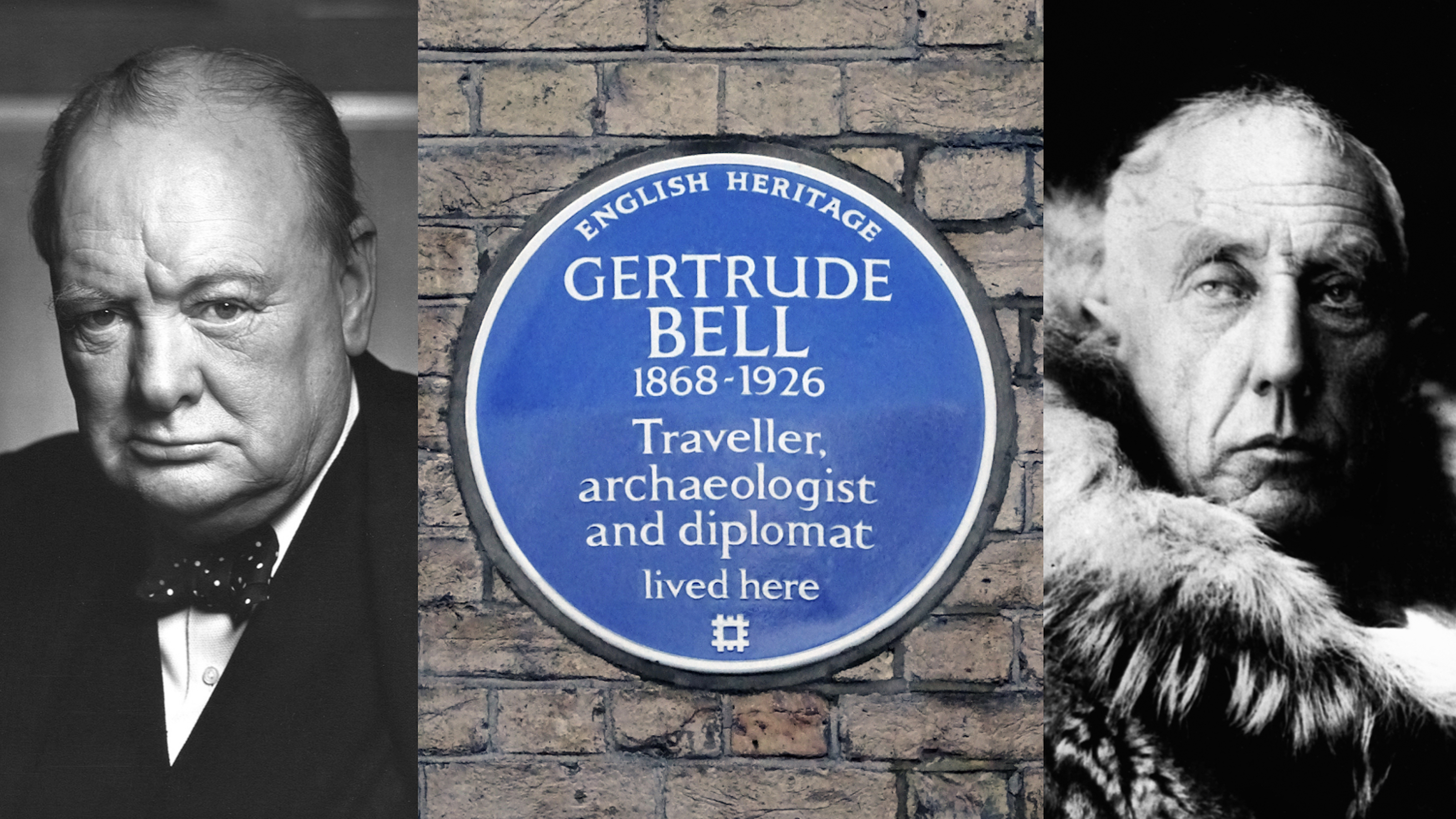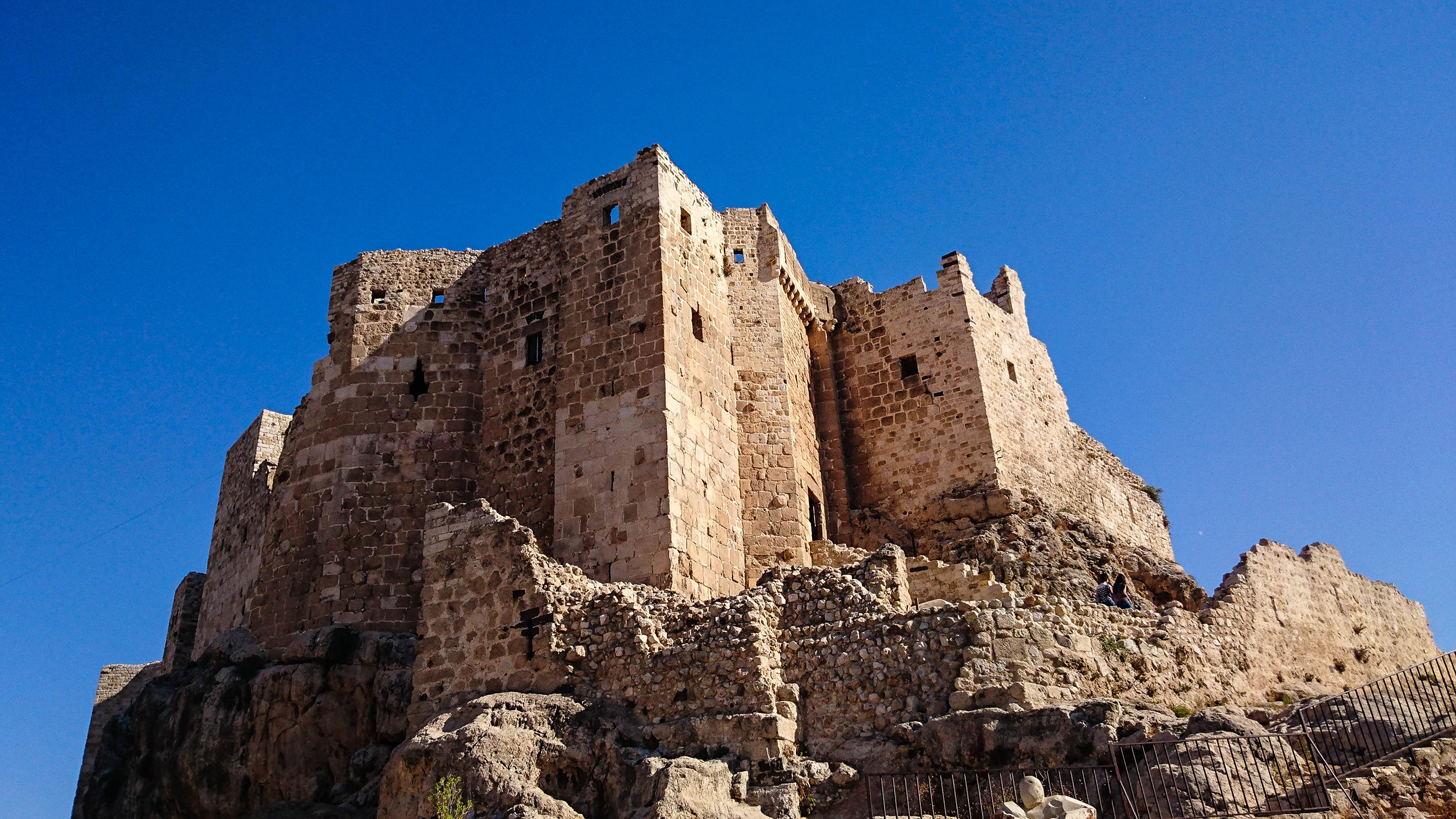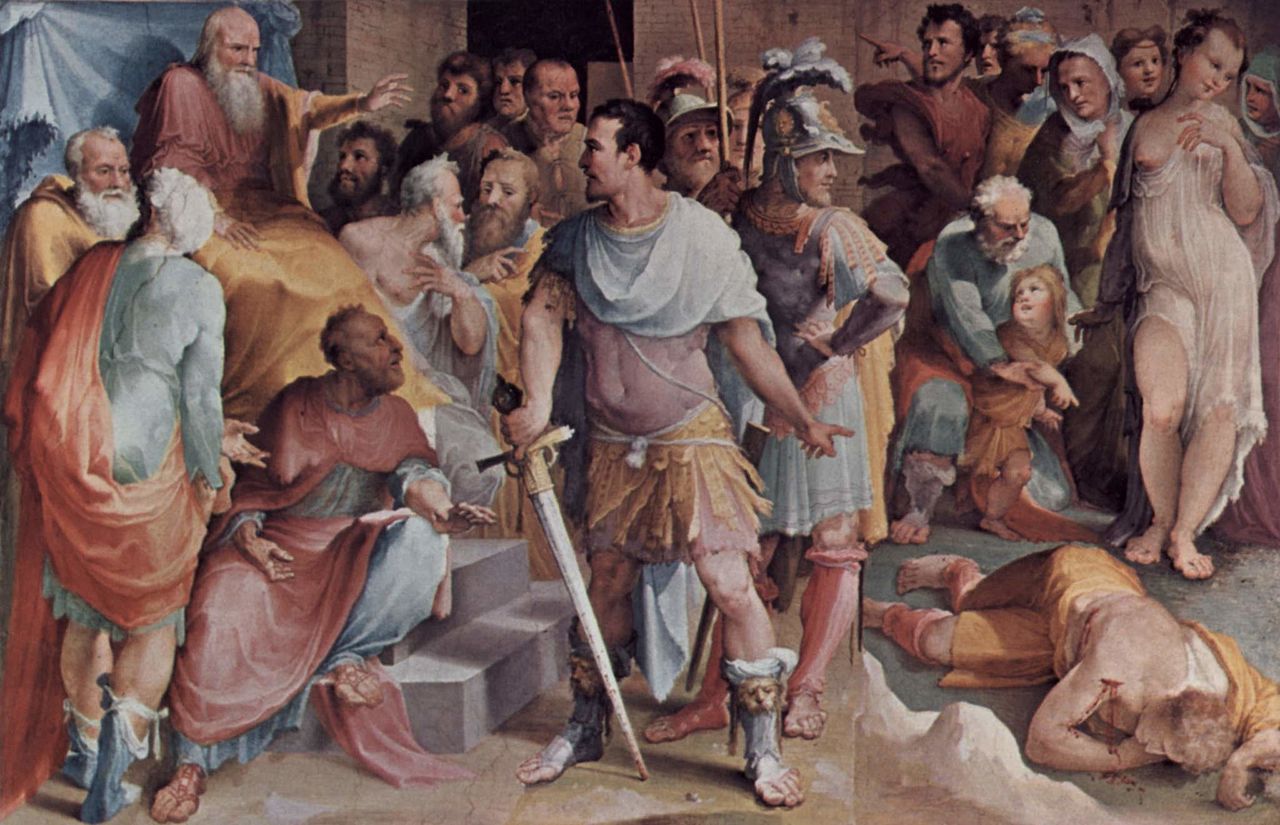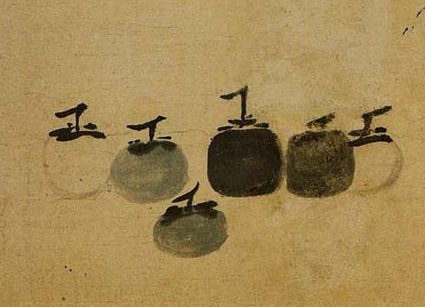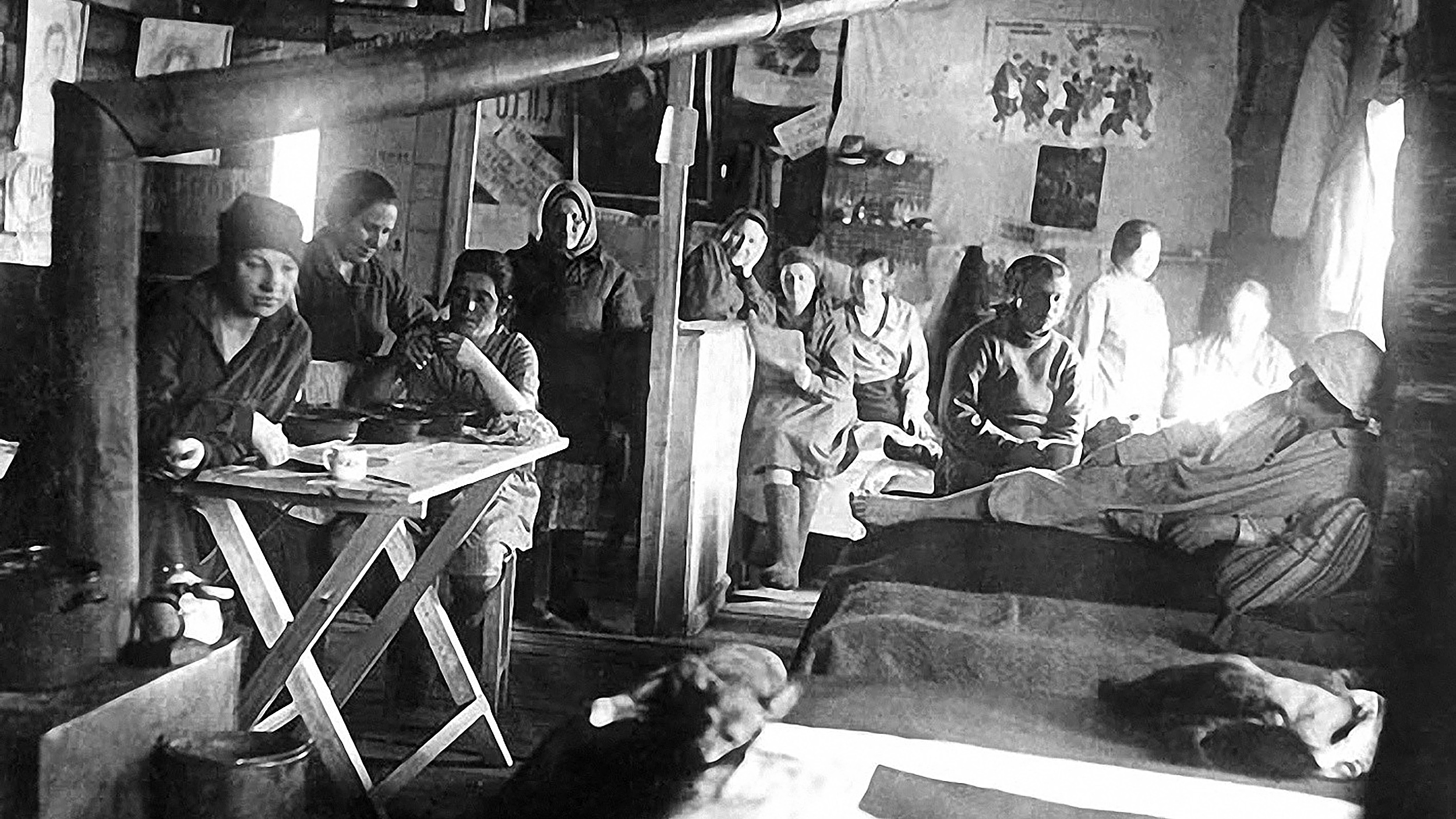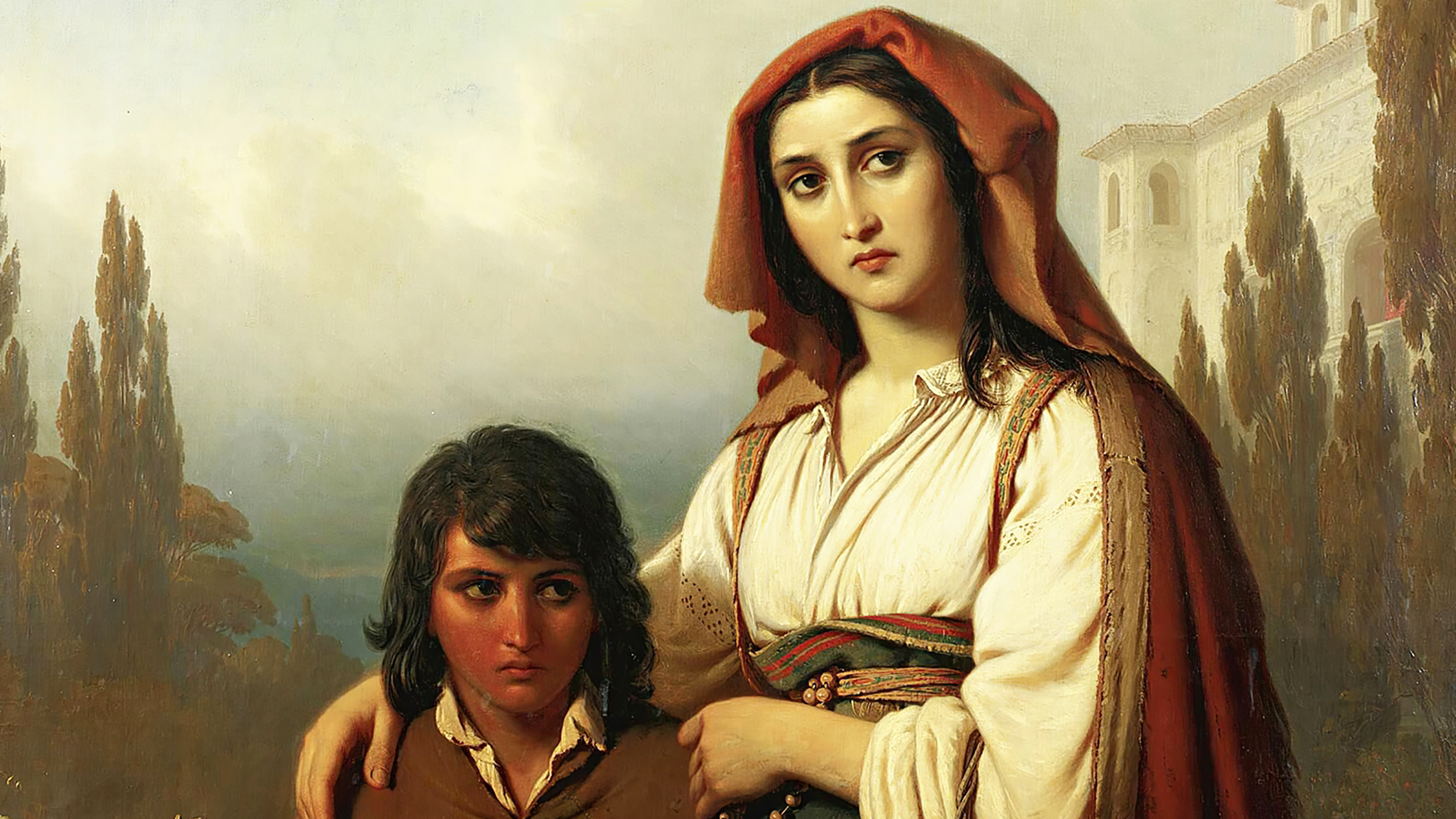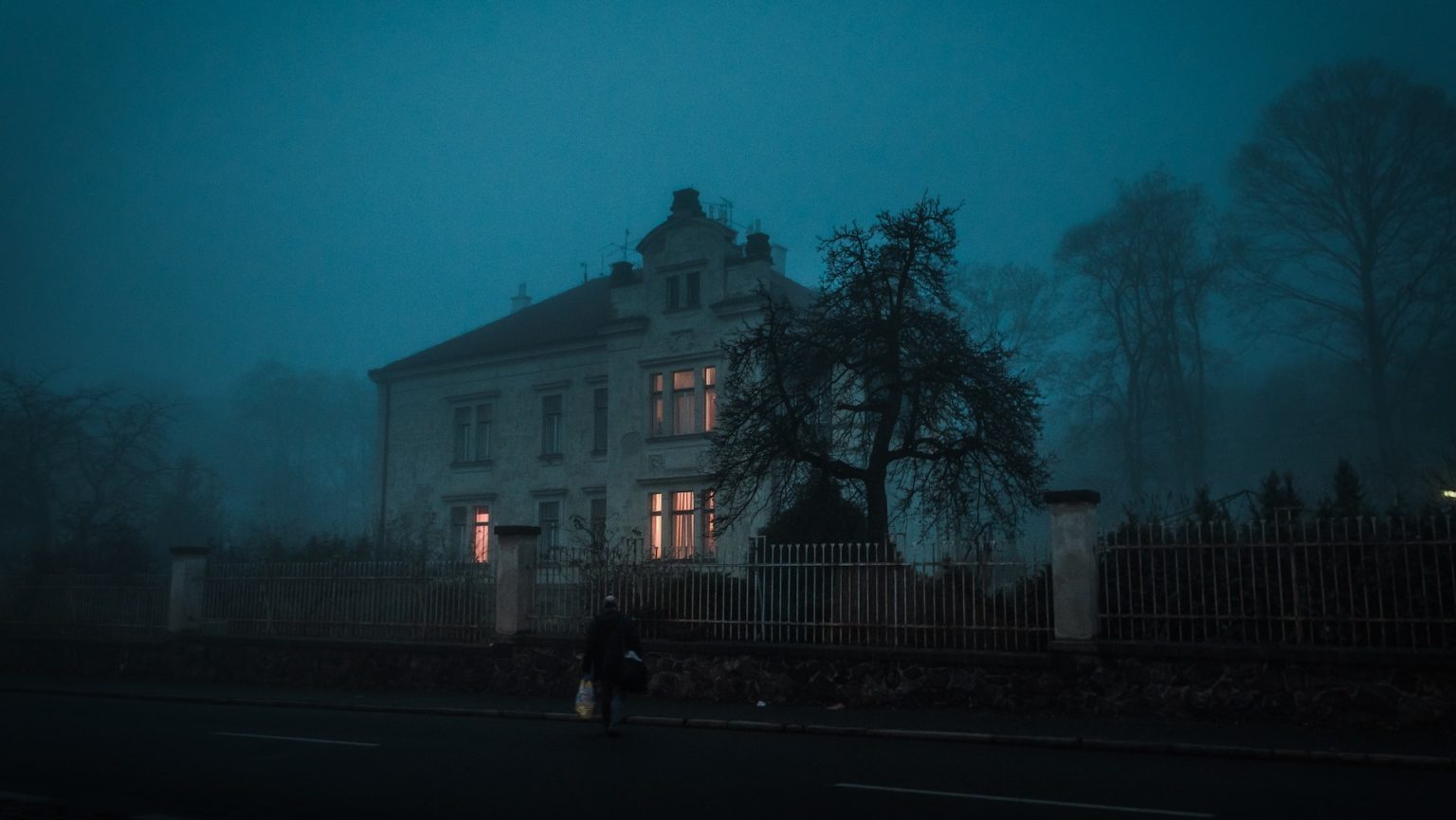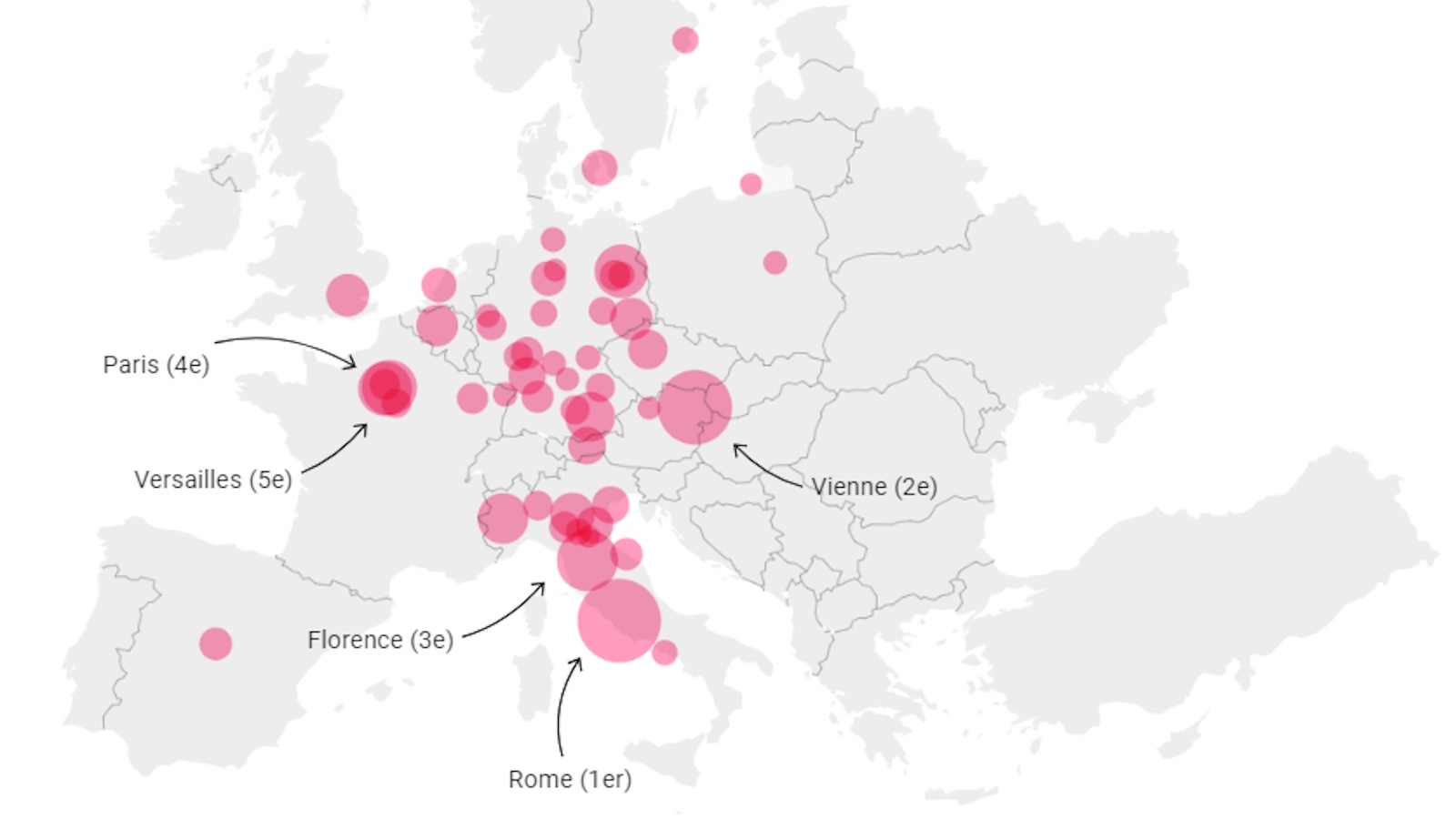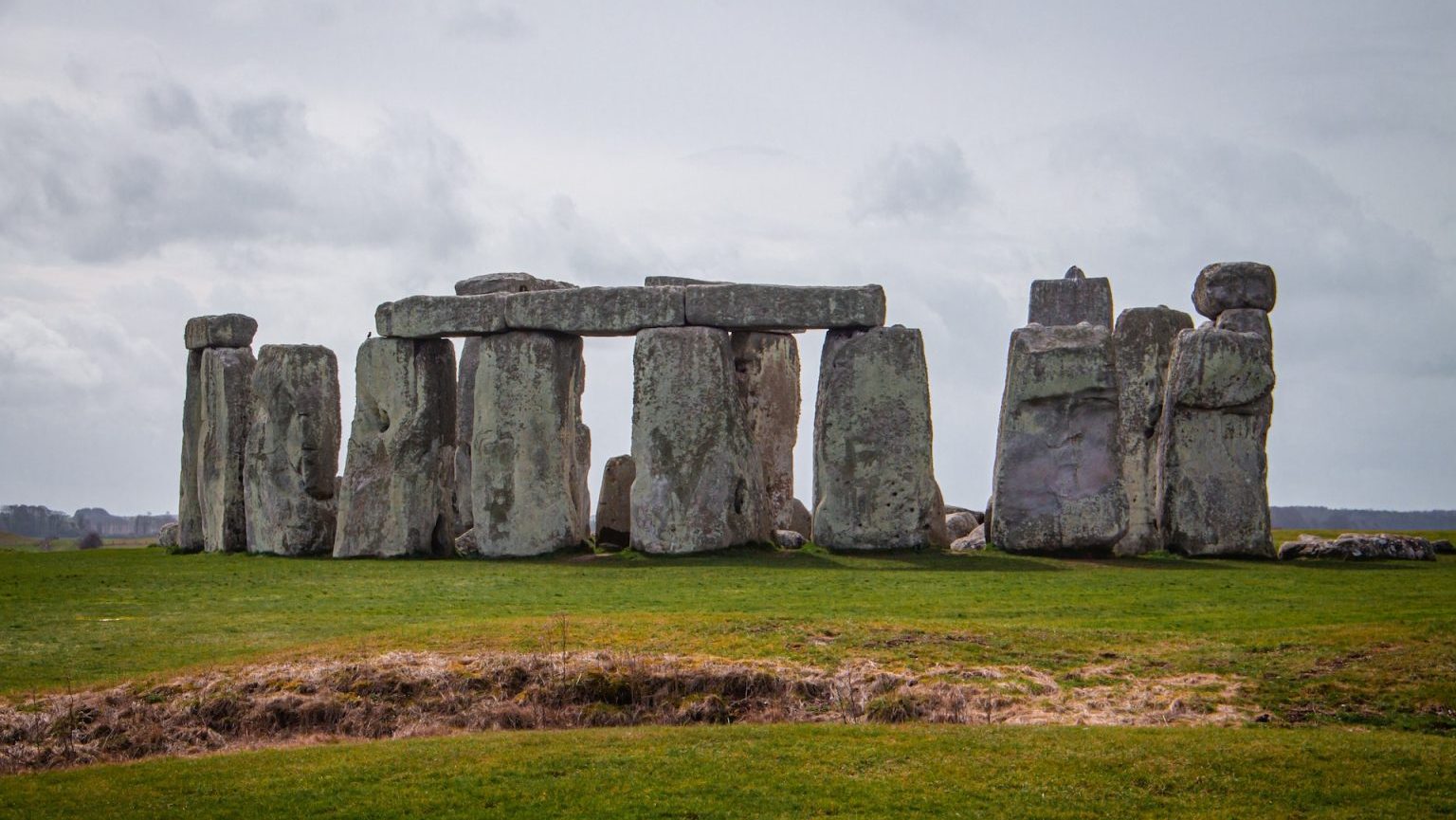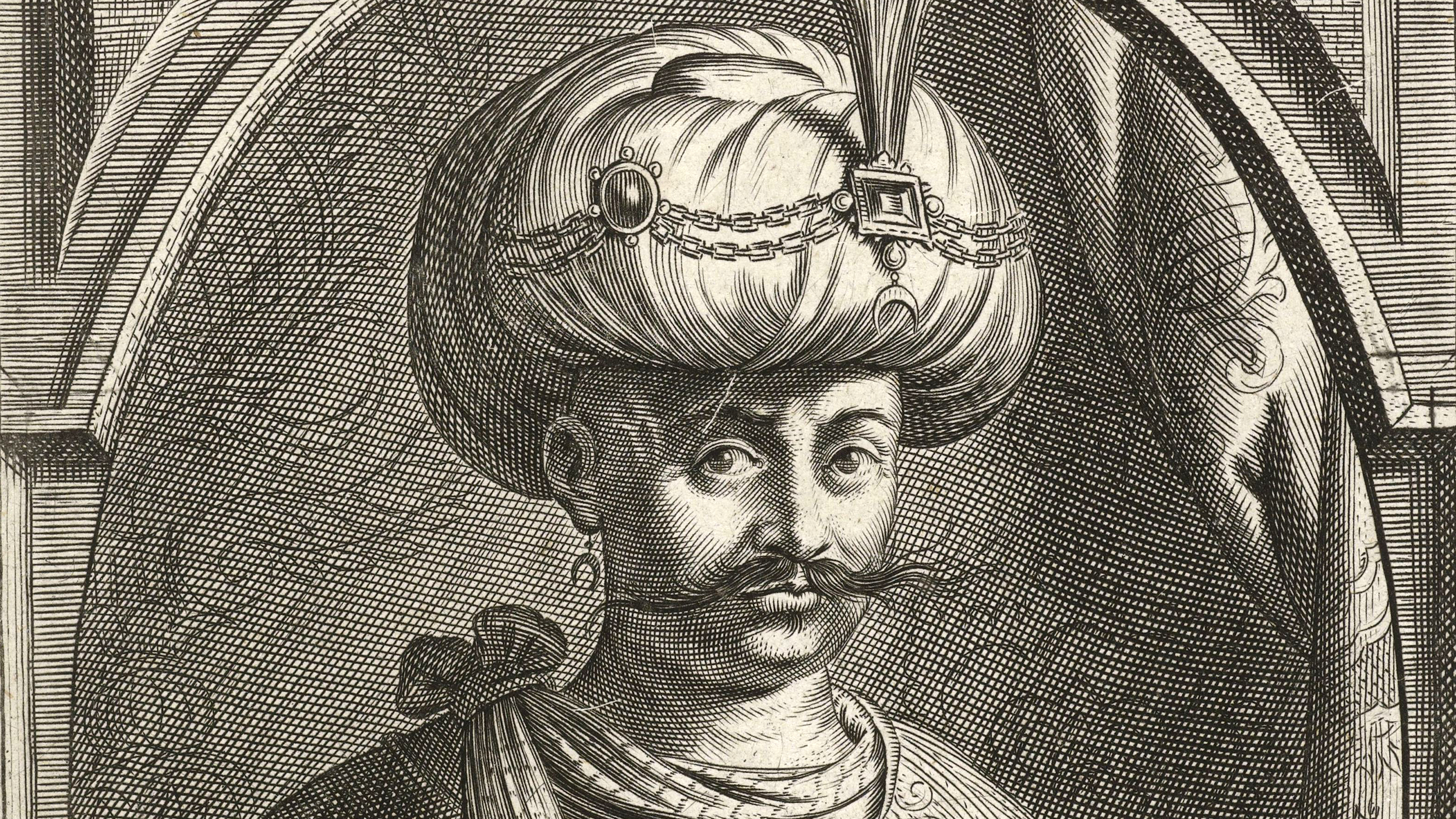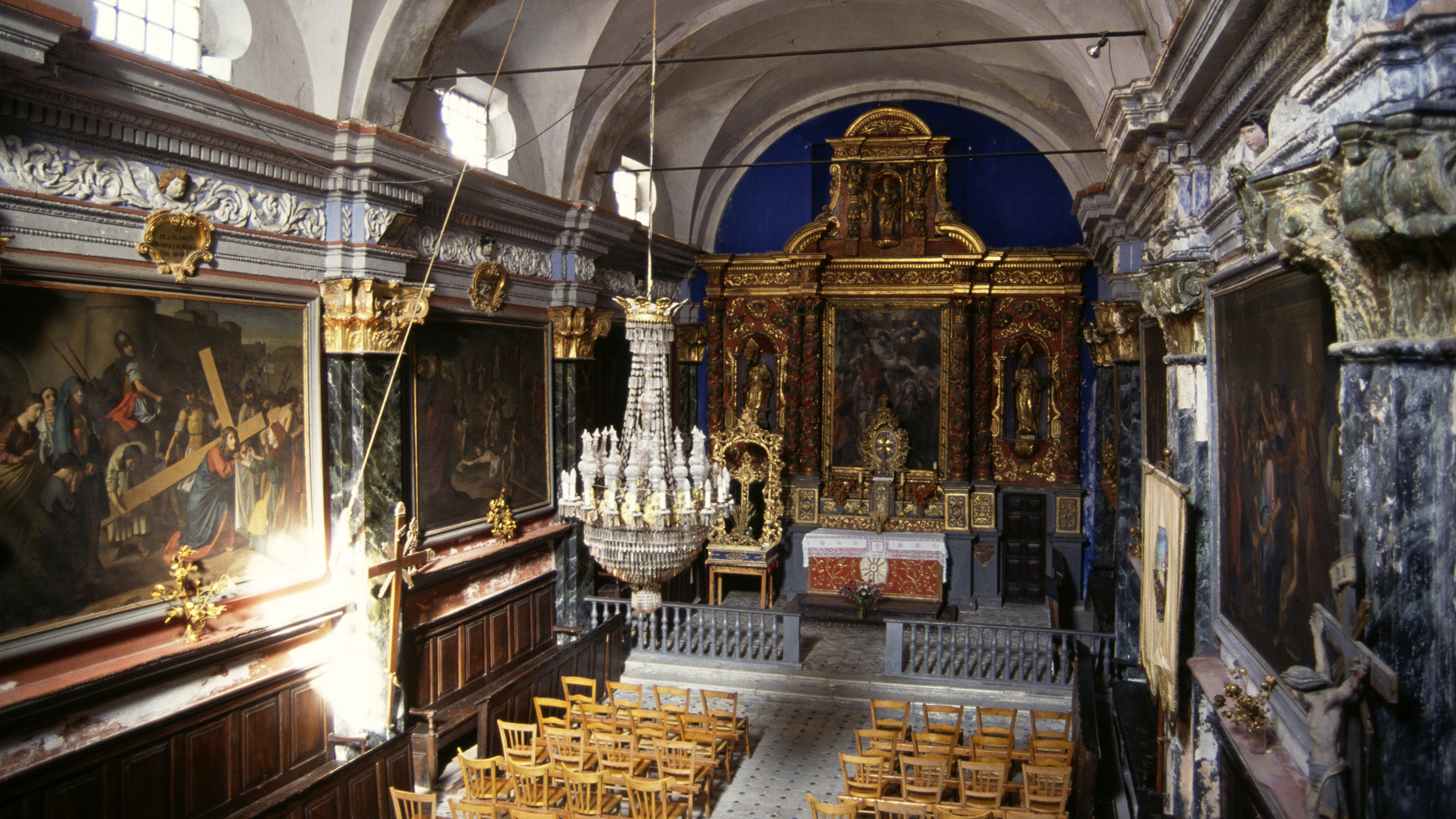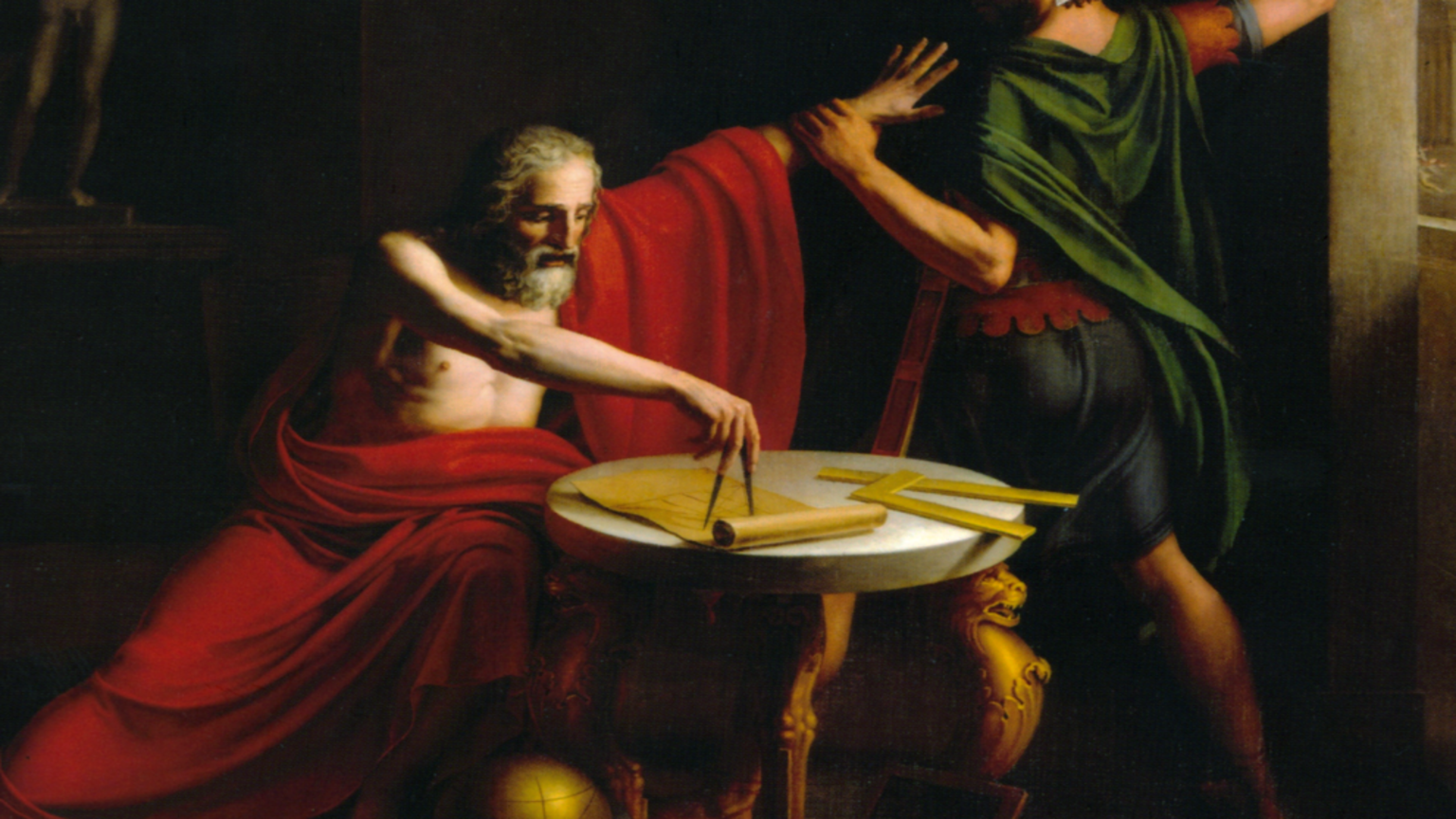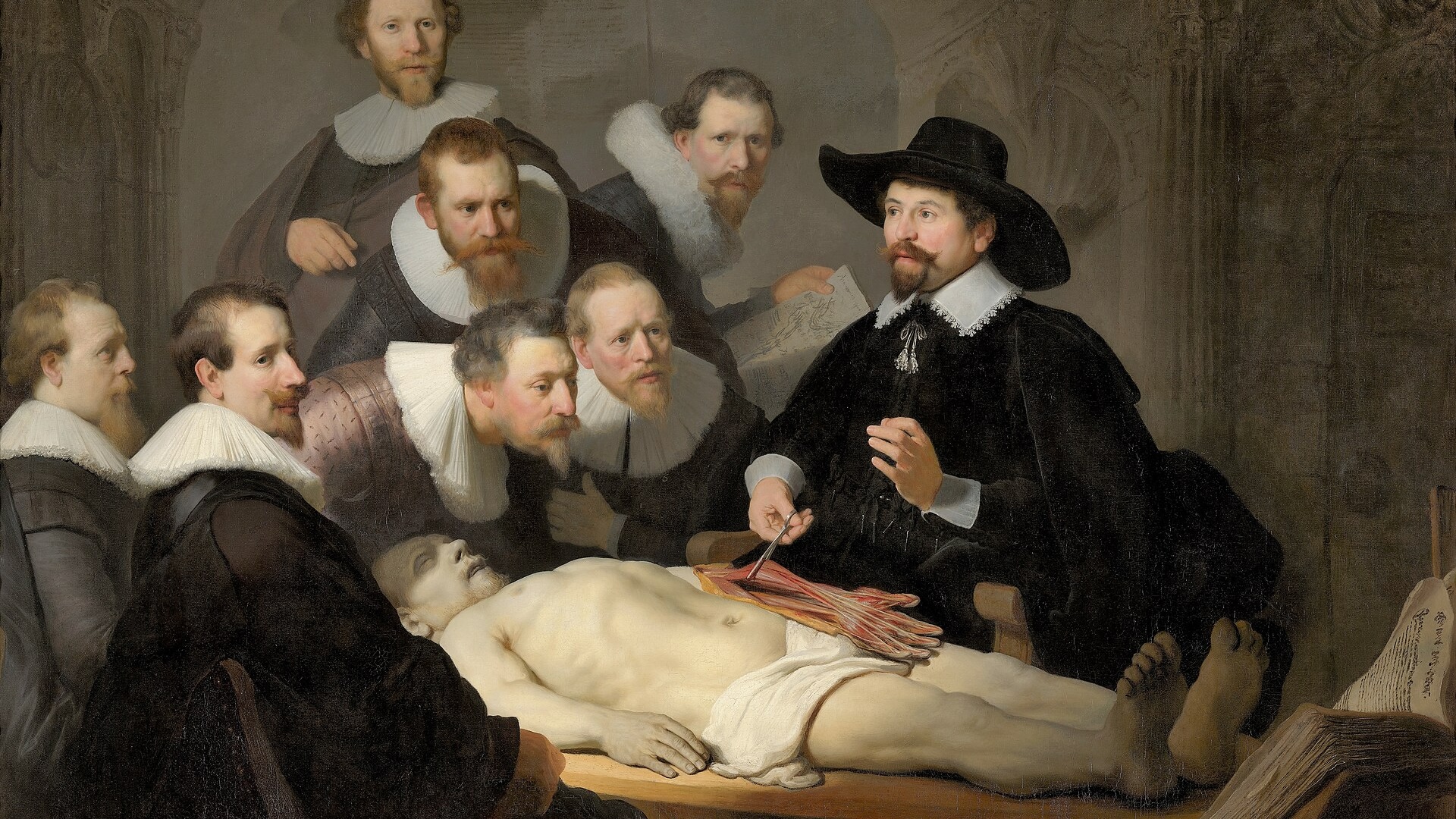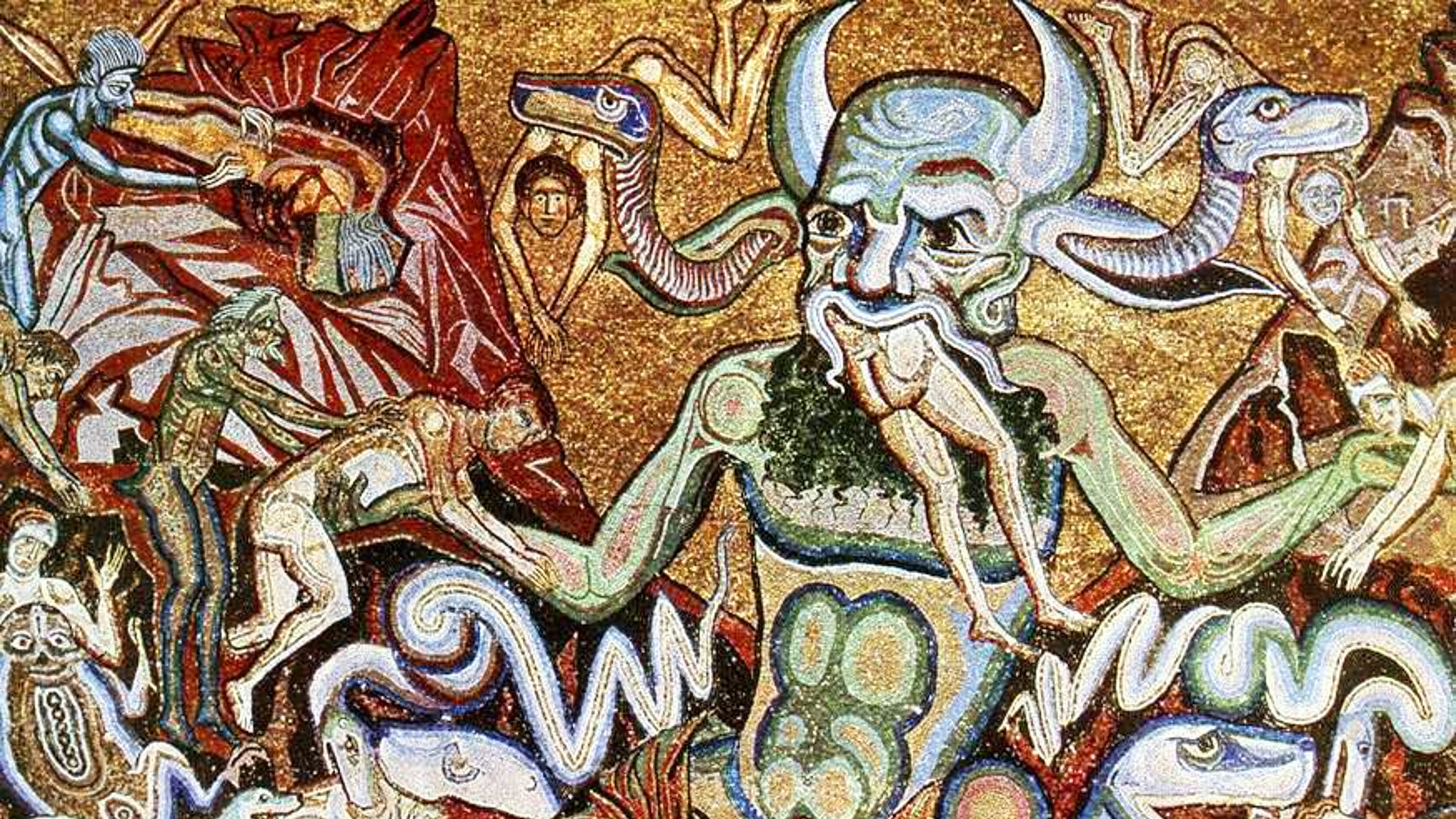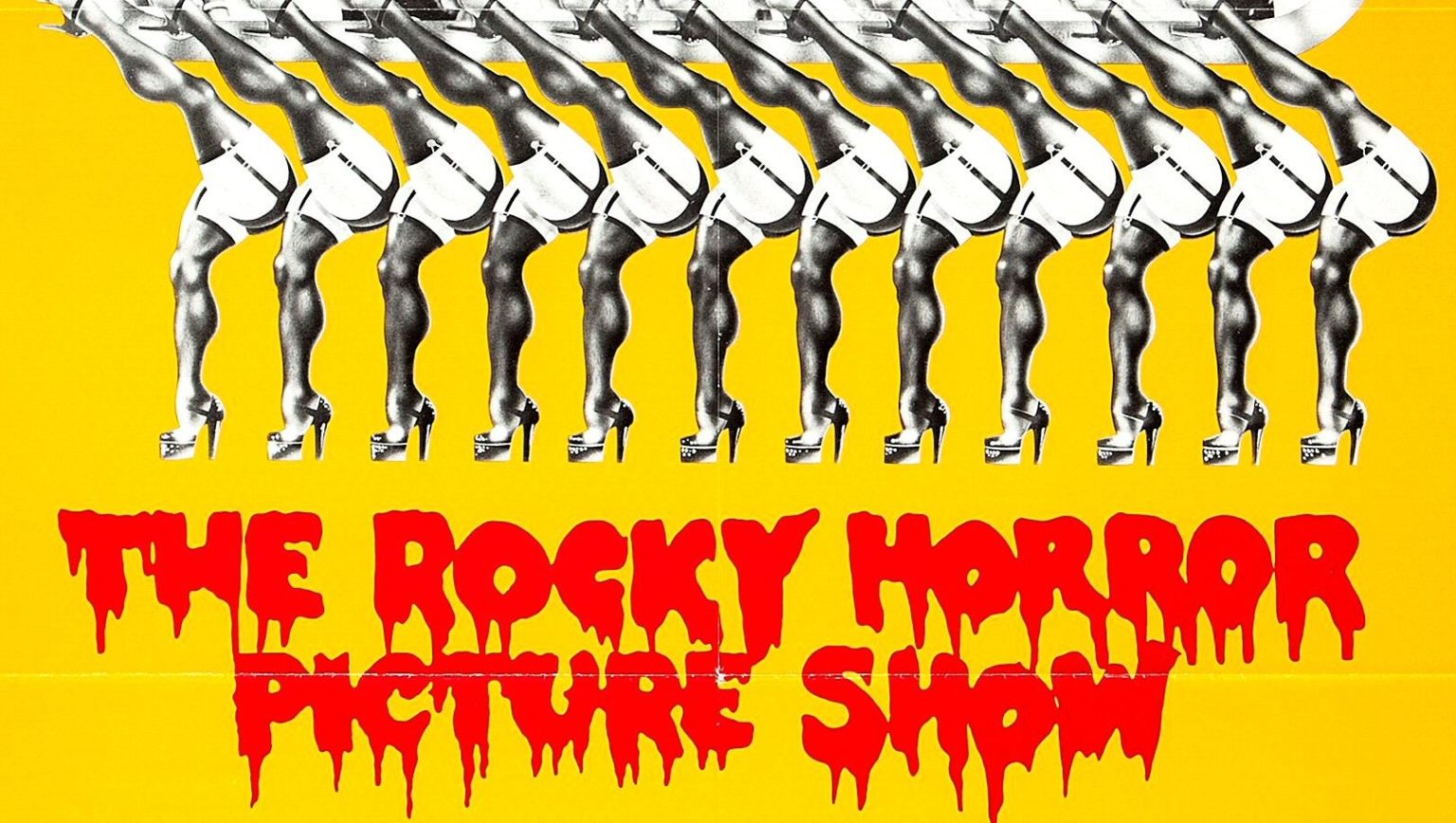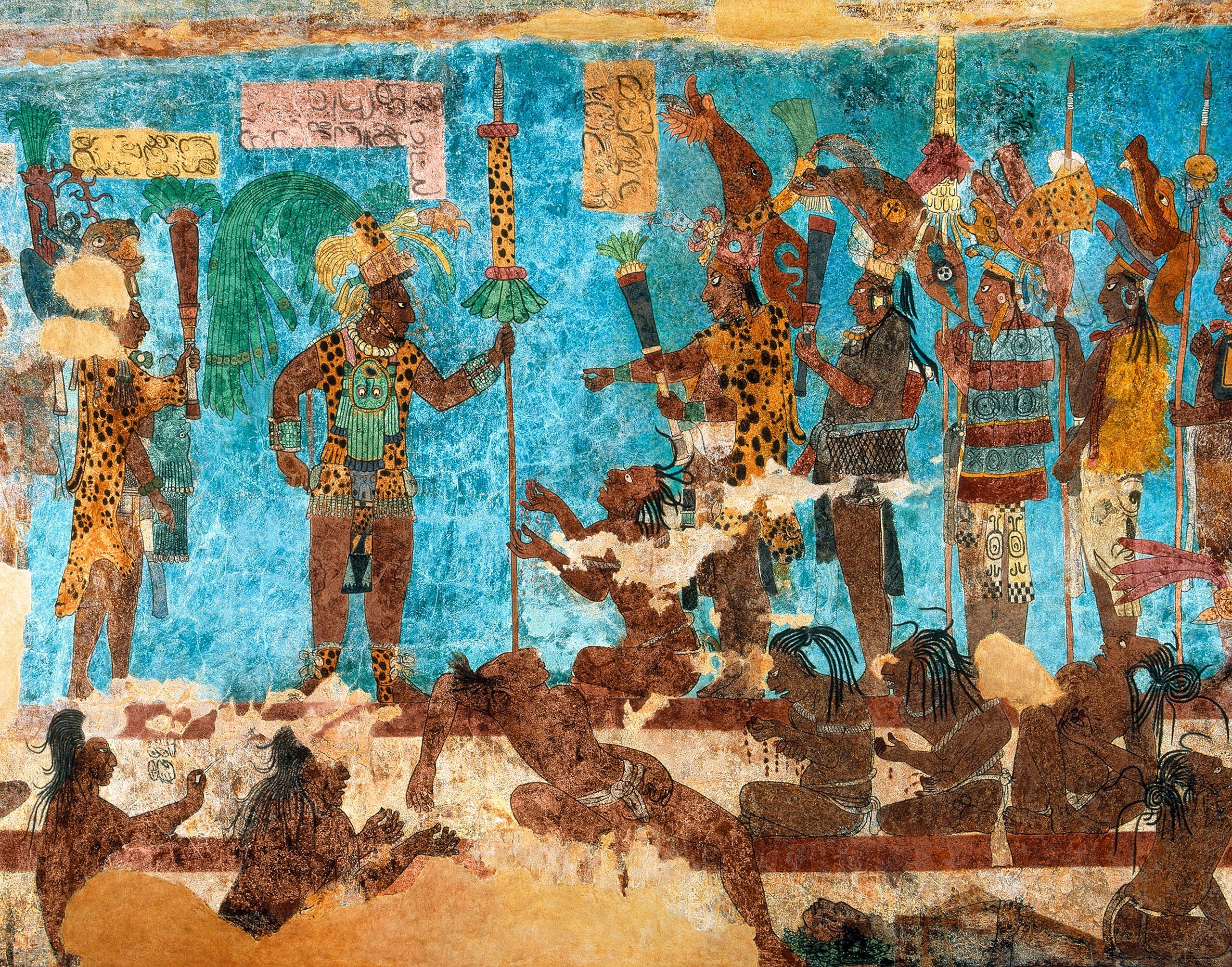history
Today, the F-word is enjoying a renaissance the likes of which it hasn’t seen since, well, the Renaissance.
The volcano’s historic eruption preserved an ancient library, but rendered its content illegible. A public competition aims to change that.
These nematodes complicate how we understand evolutionary lineages.
The pseudoscience phrenology swept the popular imagination, and its practitioners made a mint preying on prejudices, gullibility, and misinformation.
The tonal Native American language differentiates words based on pitch and makes Spanish conjugation look like child’s play.
Perhaps it’s not just an oddly shaped hill, after all.
Decades ago, a disaster left three million acres of land uninhabitable and killed between 85,600 and 240,000 people. Chernobyl? No. Banqiao dam in China.
Roger Babson wanted a “partial insulator, reflector, or absorber of gravity” — something, anything, that would stop or dampen it.
You’ve certainly seen the paintings — but they don’t depict what you think they do. Benjamin Moser discusses with Big Think.
We rightly celebrate Winston Churchill as one of the world’s greatest leaders — but for all the wrong reasons.
A single knife is sometimes worth more than a thousand armies.
Long before the birth of Julius Caesar, the Roman Republic appointed all-powerful dictators to protect their state in times of crisis. They were remarkably self-restrained and obedient to the Roman Constitution.
‘Six Persimmons,’ an ink painting by the Chinese monk Mu Qi, has long been hailed as the poster child of Zen Buddhism. But is its reputation deserved?
Exile is a kind of death of who you once were.
An influential series of books argues that the history of the world is the history of generations. Is it right?
This necropsy represents an early entry in what would become a tradition of performing autopsies to consider an individual’s sanctity.
Gladiators fought in rounds, and there were referees to enforce rules. Only rarely were gladiators killed.
Various environmental phenomena can play tricks on our brain.
Thanks to protocols established centuries ago in Europe, world leaders no longer need to worry about having their heads bashed with an axe.
The clash of academic archaeology and what might be called folk archaeology comes into stark focus at Stonehenge.
By the end, even his mom wanted him gone.
Bathtubs and toilets each got their own rooms until health professionals urged architects to put all the plumbing in one room.
Many countries’ histories are governed by the familiar demographic story of growth, industrialization, and decline. But not France.
These astounding inventions show that civilizations of the past were a lot more advanced than we might have thought.
“Burke’s the butcher, Hare’s the thief, and Knox the man who buys the beef.” Read the story of 19th-century Scotland’s corpse dealers.
The history of hell doesn’t begin with the Old Testament. Instead, hell took shape in the 2nd century from Mediterranean cultural exchange.
“Time Warp” all the way back to 1800s spiritualism, magic performances, and spook shows.
Tikal, one of the biggest cities the Maya ever built, was home to a vast and flourishing society.

